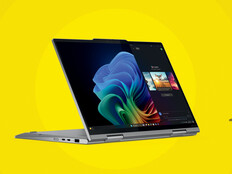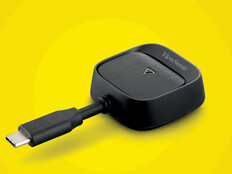Students Want Laptops, Flexible Digital Tools in the Classroom
As digital tools continue to infiltrate college campuses, students and educators alike should rejoice. McGraw-Hill Education’s 2017 Digital Study Trends Survey found that 60 percent of students indicated digital learning tools have at least slightly improved their grades and have been very or extremely helpful in their academic life.
Overall, the students said that laptops — over things such as print materials and smartphones — are the devices they are most likely to use in class, for homework and for exam prep. A whopping 86 percent labeled laptops as an important tool for studying while only 33 percent said the same about smartphones and tablets.
SIGN UP: Get more news from the EdTech newsletter in your inbox every two weeks!
Flexibility Drives Digital Tool Usage
The surveyed students indicated that laptops are particularly effective because of the ease in online search and communication, as well as the portability of the device and accessibility of the tools.
“If I have a question or problem I don’t understand, I can use technology to either find the answer or to ask a professor for help,” says a student in the survey.
The majority of students (53 percent) said that they prefer classes that use digital tools, such as a cloud platform or app. Mobility and flexibility were the most important digital tool features for students. Since the large majority of students prefer to study at home, it makes sense for them to choose a tool that can be used anywhere, anytime.
DePaul University student Lauren Polito wrote on EdTech that digital tools with some mobility are incredibly important for today’s students, as they often have a lot on their plates. Working from her phone while she commutes to school has enabled Polito to keep up with her school work.
The Digital Study Trends Survey found that students prefer Google Apps, now called G Suite, over other apps for studying. Polito cited Google Docs as one of the best tools for its ability to be continuously used on a laptop, smartphone or tablet.
“My smartphone has also allowed me to collaborate on group projects while waiting to pick up a pizza, write an archaeology final (footnote citations and all) while commuting between campuses, and chat with overseas classmates for homework help,” Polito wrote.









